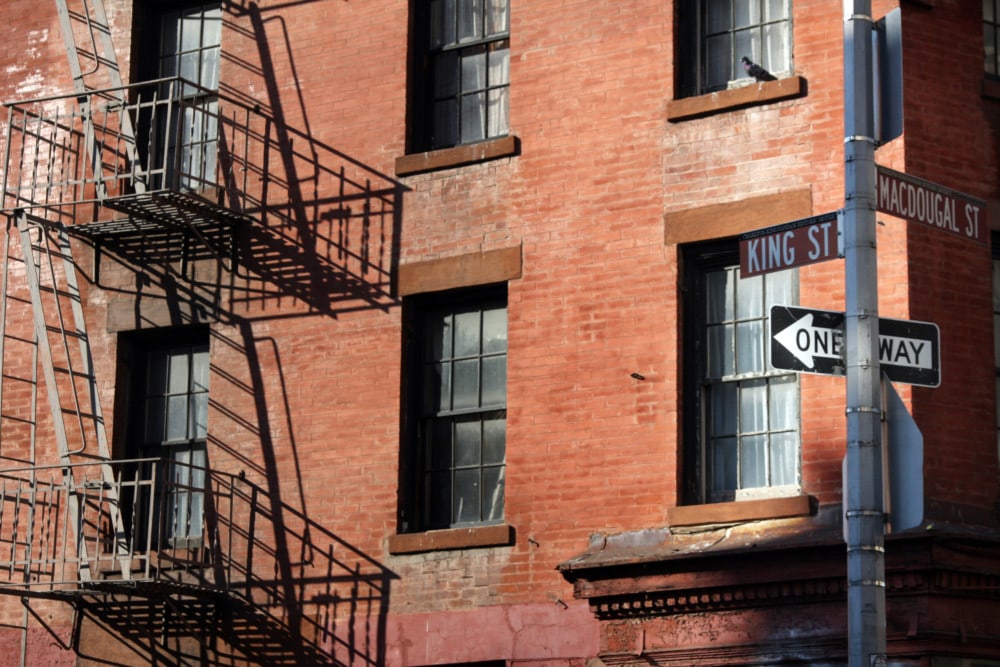Table of Contents Show
- You are beginning active military duty.
- Your 62 or older and are moving into a senior residence
- You and your children are victims of domestic violence
- Your apartment is uninhabitable (the landlord/unit has been cited for violations of the NYC health or safety codes)
- Your landlord is harassing you or violates your right to privacy
By and large, big landlords and real estate holding companies that own a lot of property have the resources to find new tenants quickly. They also are not prone to be overly burdened by an apartment standing empty for a month or even two. These companies are more likely to be more agreeable to ending a lease early.
Smaller landlords, who cannot afford to have an empty apartment for even one month, might not be so agreeable. However, if you have a friend who wants to take over your residence or are willing to do outreach to find someone to take over your space, it often lessens the negative impact of ending your lease. In this case, your landlord might be very willing to accommodate your request.
If you are moving out of the state or country for a new job, you may have a better chance of negotiating the termination of your lease. Splitting the cost of remaining rent with your landlord if you are near the end of your lease might be a satisfactory compromise.
How to Break Your LeaseHow to Break Your Lease
The NYC Rent Guidelines Board has some answers to the question of how to break a lease; “Generally speaking, breaking a lease is like breaking a contract, and the landlord can claim part or all of your security deposit for unpaid rent. The landlord could also go to court to enforce the lease terms (i.e., ask you to pay additional rent until a new tenancy agreement is found). Under current rulings, landlords also have no duty to promptly re-rent the apartment.”
Of course, there are exceptions to every rule terminating a lease early without financial or other consequences permitted in particular circumstances. There potentially might be a way legally, you can move out before the lease term ends; if meeting the following criteria:
You are beginning active military duty.You are beginning active military duty.
You are protected by federal law if your military duty includes the armed forces, commissioned corps of the Public Health Service, the commissioned corps of the National Oceanic and Atmospheric Administration, or the activated National Guard.
Your 62 or older and are moving into a senior residenceYour 62 or older and are moving into a senior residence
NYS property law protects tenants 62 years of age or older who cannot live independently and are moving to a nursing home or other assisted living situation.
You and your children are victims of domestic violenceYou and your children are victims of domestic violence
NYS property law provides early termination rights for those tenants who are victims of domestic violence if the tenant has an order of protection.
Your apartment is uninhabitable (the landlord/unit has been cited for violations of the NYC health or safety codes)Your apartment is uninhabitable (the landlord/unit has been cited for violations of the NYC health or safety codes)
You will likely be able to claim a case of constructive eviction if your landlord does not provide safe housing under local and state housing codes.
Your landlord is harassing you or violates your right to privacyYour landlord is harassing you or violates your right to privacy
If your landlord takes such actions as turning off your utilities or changes your locks without your consent, you might also be able to claim constructive eviction.
Remember that all these exceptions have related legal requirements, such as the specific amount of notice you must give your landlord to terminate your lease and many other conditions. We firmly suggest you consult a tenant attorney; obtain pro bono legal counsel through the many legal nonprofit organizations in NYC, or seek advice/representation from a community housing advocacy agency.
Next time you are wondering how to break your NYC lease; Download this comprehensive guide to the rules and regulations related to tenancy in New York City; see the (PDF) NY State Attorney General’s Tenant’s Rights Guide.

